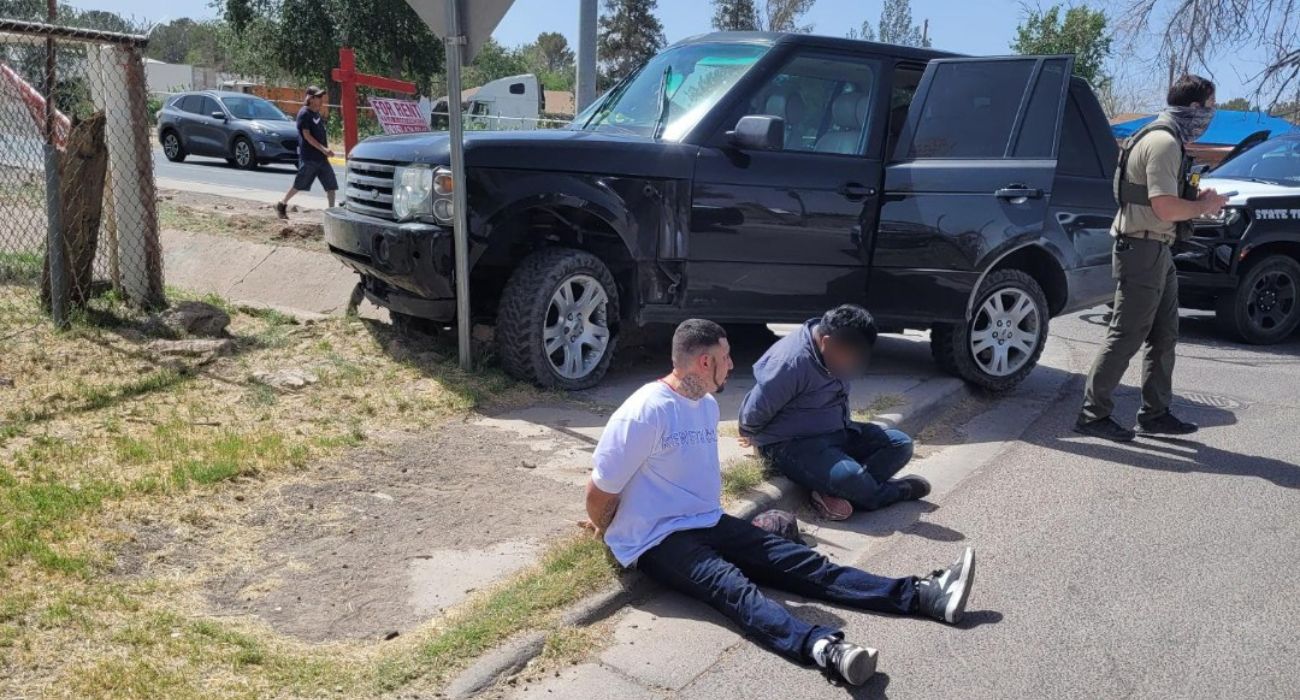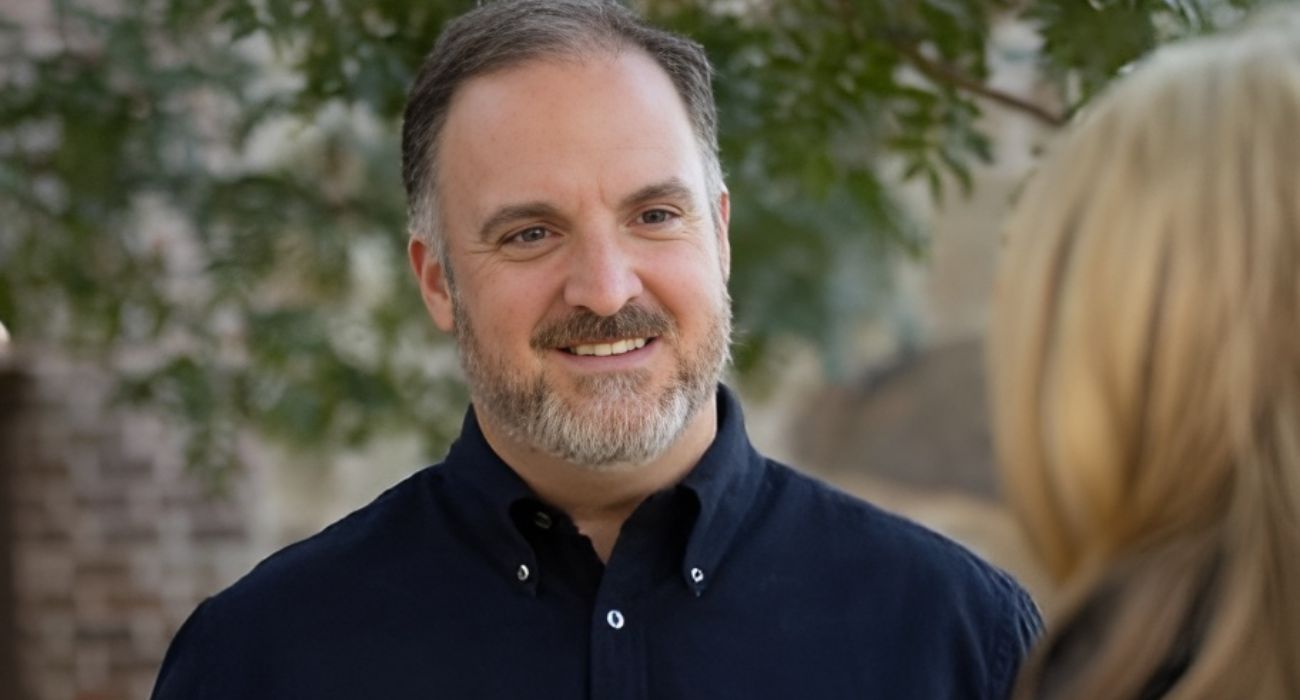In the final hours of World Day Against the Death Penalty on October 10, a 48-year-old Texas man was put to death following a flurry of legal wrangling by lawyers attempting to stay the execution. Jedidiah Murphy was executed for the murder of a Garland woman, 79-year-old Bertie Cunningham, more than two decades ago.
In October 2000, then-25-year-old Murphy forced Cunningham at gunpoint to drive him in her car. After about 30 minutes on the road, Murphy forced Cunningham to stop the car and climb into the trunk. He shot her as she was getting into the trunk of the vehicle.
Murphy then drove Cunningham’s vehicle to Van Zandt County and drowned her in a creek, taking her credit cards to buy alcohol and cigarettes, according to the Texas Department of Criminal Justice.
For years prior to the murder, Murphy had a history of mental illness, including hallucinations and disassociative blackouts, the Idaho Statesman reported. Murphy claimed that he kidnapped Cunningham during one of his blackout periods and came to as Cunningham was climbing into the trunk. He claimed he never meant to shoot the woman and said the gun accidentally went off.
However, Dallas prosecutors argued his memory lapses were a “convenient” part of his story and that his version of events “made no sense.” He was sentenced to the death penalty, as there was no option in the Texas judicial system at that time for life without parole.
Over the years, Murphy’s attorneys filed numerous legal challenges to have Murphy removed from death row. Most recently, they requested DNA testing, which they said would prove Murphy did not commit other crimes that prosecutors had accused him of at trial in an effort to portray him as having a history of committing violent offenses.
The state court denied the request, but Murphy’s lawyers took it to the federal level, where a judge ruled on Friday to pause the execution. The State of Texas took the matter to the U.S. Fifth Circuit Court of Appeals, where two of the three judges on the panel agreed on Monday to allow the stay of execution to remain in place. However, the Supreme Court overruled the two lower courts on Tuesday, allowing the execution to proceed.
In a separate issue, Murphy’s lawyers filed a lawsuit hoping to stay the execution. They claimed that a recent fire at the Huntsville prison had affected the lethal injection drugs stored there, causing them to degrade and impacting their potency. This could create “substantial risks of serious, severe, and superadded harm and pain” to the person injected with them, according to the court filing.
However, U.S. District Judge Robert Pitman denied that claim on Friday, stating it was “meritless” and that a sampling of the drugs showed they were not damaged.
The execution was carried out just before 10 p.m. Tuesday. Before receiving the lethal injection, Murphy cited Bible passages and expressed remorse for his actions, stating: “To the family of the victim, I want to say, I sincerely apologize for all I did. I hope this brings you closure. Thank you.”
Cunningham’s daughter had previously told The Times that she did not want to see Murphy’s execution carried out.
“We were hoping for clemency,” she said, the Idaho Statesman reported.






